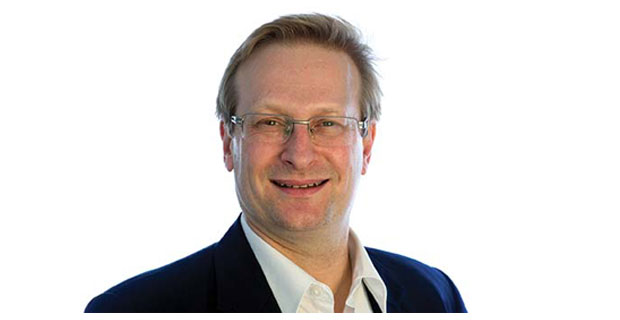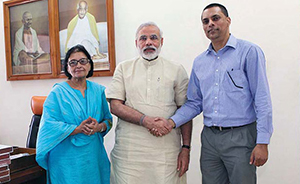Facilitating 21st century research in psychiatry: the establishment of a global peer network of researchers, patients, and philanthropists
Psychiatric illness is as old as mankind and affects a third of the world’s population at some point in their life time.
5. Partnering with biotechnology: The application of biotechnology has the potential to expedite psychiatric research by allowing the more precise and ambulatory assessment of symptoms. Furthermore, the provision of IT-based feedback to research participants will foster patient autonomy and facilitate routine clinical management, as this will allow patients to monitor - and potentially control - their psychiatric symptom
6. Recruitment of large samples of patients: Detailed research requires large samples of patients, and this cannot be achieved solely by researchers in academia. We therefore aim to establish a global peer network, which will involve clinical researchers, basic scientists, patients and their families, and decision-makers.
7. Calling upon philanthropy: National and/or philanthropic funding is essential, as the inclusion of those large groups of the world population that have so far been excluded from research will require vast resources and time, whereas current public research funding is limited and aims at short-term success.
To achieve our goals, long-term commitment and an entrepreneurial spirit are essential. We therefore propose to establish a global peer network of researchers, psychiatrists, patients, and philanthropists, which will be embedded in a framework of mutual learning and empowerment. To expedite our approach, we intend to pool our existing resources with those of like-minded peers, while making efforts to secure funding from new external sources.
—Thomas G. Schulze; Chair, WPA Section on Genetics in Psychiatry;
— Marcella Rietschel: Past Vice President, International Society of Psychiatric Genetics (ISPG)











Comments.